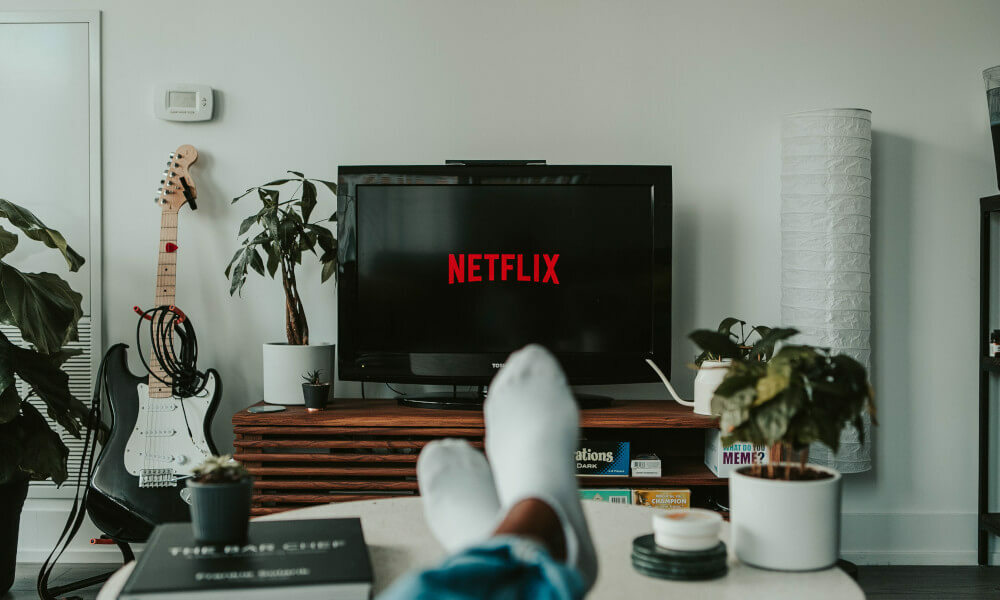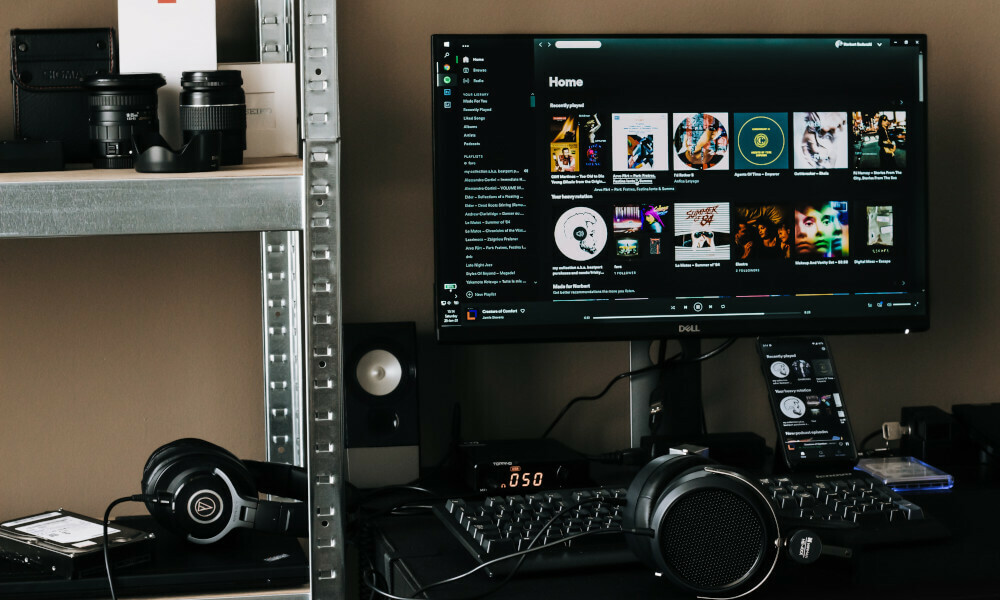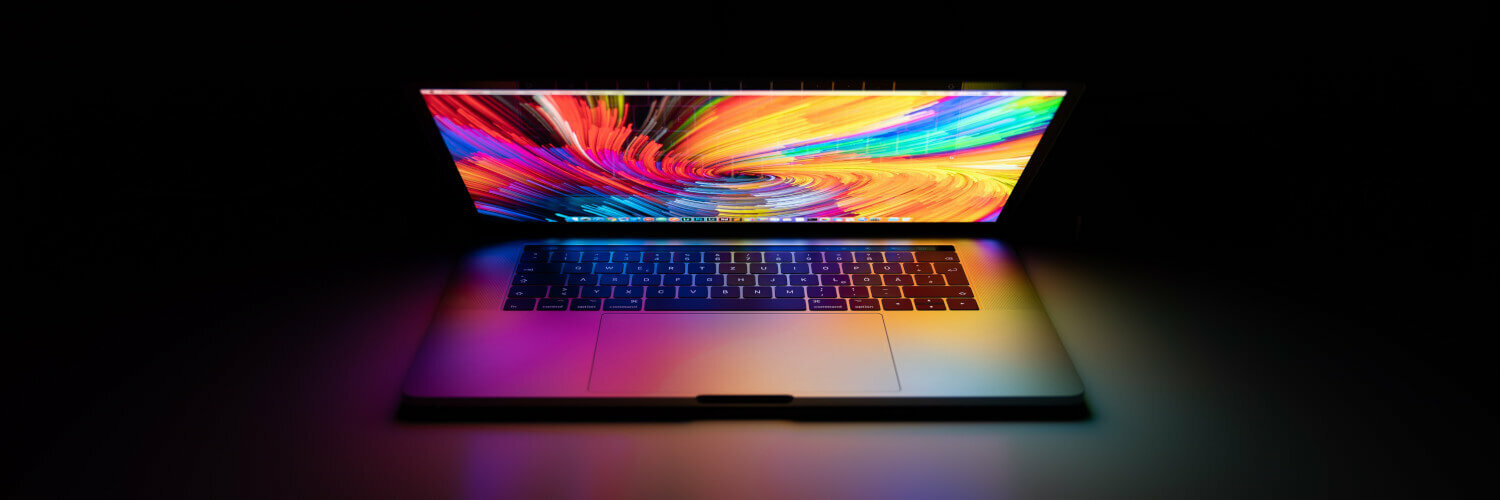Broadband Data Usage in New Zealand Homes
Every year New Zealanders are using more and more monthly broadband data, and with all our devices and streaming services that’s not too surprising.
Thankfully it’s not a problem as it used to be when we were stuck with restrictive monthly data caps, as we have easy and affordable access to unlimited data high speed broadband plans these days too.
But what in particular is chewing up all that data? Let’s take a look!
The most common data gobbling culprits:
Streaming Media (especially video)
As most people around New Zealand (and the world for that matter) continue to move away from broadcast TV and radio to more on-demand streaming media, this naturally starts adding up to some pretty serious data usage.
So what are the main streaming media services that use large amounts of data each month?
Netflix (and Amazon Prime video, Disney Plus etc)
The juggernaut that is Netflix continues to dominate the streaming video content space for movies and TV shows, though a large number of extremely well funded challengers are moving into the arena, eager to capture the Worlds attention.
The 4K Ultra HD and 1080 HD streams that are so popular from services like Netflix, and which look so beautiful on our modern large TVs do eat up a lot of data.
Netflix HD 1080p content uses around 2 - 2.5GB of data per hour, and 4K content around 3.5 - 7GB of data per hour.
And of course as we all know from experience, it is very, very easy to sit down and binge watch entire seasons at a time, so this adds up fast!

Even TV stations are moving to streaming options
While broadcast TV has taken a major hit in watchtime, they’re doubling down on their moves to digital to remain relevant to all age groups and shifting media consumption behaviour.
TVNZ On Demand, ThreeNow, and others have continued to grow in popularity as a result.
YouTube
Google just surveyed 12,000 people around the World about their video viewing over the previous 24 hours.
78% of people said they’d watched YouTube during that time.
And most of us can relate to that shift right? Watching YouTube has become a staple form of entertainment, education, and information gathering for most Kiwi’s just as much as it has for the rest of the world.
(Not to mention all the interesting New Zealand YouTubers coming up!)
YouTube data usage is approximately 1.6GB per hour for HD 1080p content, and 2.7GB per hour for 4K Ultra HD content.
This will add up substantially in most households where you might have multiple adults AND multiple kids each watching some YouTube videos each day (and in many cases, often for hours).
Spotify and other streaming music services
I saw a headline recently that said that worldwide sales of Vinyl records had surpassed sales of CDs for the first time since the 80s.
To be fair, I didn’t even know people were still buying CD’s!
For most people, a streaming music subscription (and instant access to millions of songs and artists) is the preferred choice, letting us listen on any device, anywhere.
While streaming music does use dramatically less data than streaming video, it still adds up - especially if it is something which a lot of households will have streaming for much of the day around multiple rooms of their house for example.
Spotify uses from approximately 40MB per hour for “Normal” quality, to 150MB+ per hour for “Extreme” quality.

Digital Game Downloads and Updates
Just as people have moved away from CDs and DVDs for their music and movies, so too have gamers flocked to digital distribution of our beloved games!
On PC we use Steam, Origin, Epic Games Store, and more - and on Xbox, Playstation, and Nintendo, we have access to virtually unlimited game downloads.
All of these give us immediate access to the latest and greatest titles without having to leave the comfort of our home - as well as the staggering back catalog of game titles to choose from.
Add to this the very large number of free (and freemium) games on all platforms, the gigantic filesizes of modern game downloads, AND the regular large updates which most games have these days, and you’re talking HUGE amounts of data!
Many modern game downloads are more than 100GB (even above 150GB in some cases), and 50-60GB updates for a game are no longer unheard of.
What about playing multiplayer games online?
Data usage while playing multiplayer video games online varies widely, from a few MB per hour on the low end, up to 100+ MB per hour on the high end.
For an individual household it’s nowhere near the impact of downloading the original game, and any ongoing major updates that are required to be downloaded, though when you think about the 20 million players that are often online simultaneously on Steam - and with other console networks etc also having huge playerbases all online, that sure adds up to a lot of data moving around the world!
And we haven’t even mentioned all the data used watching Kiwi Twitch streamers gaming!

Social Media Feeds
So how about the humble social feed? Just scrolling through a bunch of Facebook posts, Instagram stories, or Tiktok/Snap feed can’t use that much surely?
It’s going to depend largely on the sorts of content your feed is made up of, but it is of course very common for images to play a large part at the very least, and a substantial amount of auto-playing video content to be present.
It is very easy to use 500MB a day with moderate Instagram feed scrolling.
Syncing data and online backups
Convenience and security of data that we get from all our various backup apps and syncing of data from our devices to the cloud is something we increasingly can’t live without, but naturally this does involve uploading often a substantial amount of data to your various cloud accounts.
If you are taking loads of photos and video, and syncing these - or backing up many folders or drives from your devices, this can easily use 10-100GB a month depending on how much you’re storing (and for some users, far more than that).
Video Calls
While they’ve been around a long time now, video calling apps have taken on a whole new lease of life over recent years, and for good reason - they’re a great way to stay connected and “Face to face” with people, even when life gets in the way of being in the same room.
As an example, a typical Zoom video call between 2 people will use approximately between 500MB and 1.5GB per hour, depending on resolution. Add in multiple people, and this goes up to approximately between 800MB and 2.5GB per hour.
Security Cameras and other smart home internet connected devices
Many modern homes are adding in additional smart home devices such as IP security cameras, smart speakers, and other equipment.
IP cameras that are streaming video to remote storage locations are likely to use the most data out of all of these smart home devices - though it is most common for businesses, some homes do have these setups.
If an IP camera is recording a 5Mbps stream, over 24 hours that equates to 54GB!
What about security issues?
Beyond just the decisions that we New Zealanders make for our home broadband data usage, there are also some things which can lead to other people (or malware) using our data.
These can include things such as leaving your WiFi access point open, without a password (which you should never do!)
This will often result in nearby neighbours either knowingly, or unwittingly connecting to your WiFi and using your internet connection for their own uploads/downloads.
Equally, if your computer is never scanned for viruses or other malware, it is possible that something malicious finds its way onto your machine, and starts sending or receiving data as part of it’s malicious purpose. Always a good idea to steer clear of unsavoury websites and downloads and keep your operating system updated to minimise the likelihood of something like that happening in the first place.
Unlimited data is now the norm
So, as we’ve covered above, there are a million different things that can chew through our broadband data each month - and almost all of them are awesome, and things which can enrich our lives with limitless entertainment, information, security, and everything under the sun.
Thankfully, unlimited data is now the norm (though it’s amazing to see some internet providers still hanging grimly onto very restrictive data caps - and the overage charges to the customer that often accompany them).
It’s actually amazing to look back 10 years and see how far internet connectivity has come in New Zealand - it makes me wonder where things will be in another 10 years! The mind boggles.
 Winners - Best Business Broadband Provider & People's Choice - Broadband 2025
Winners - Best Business Broadband Provider & People's Choice - Broadband 2025
